Aga khan academy maputo – A trampoline to the world
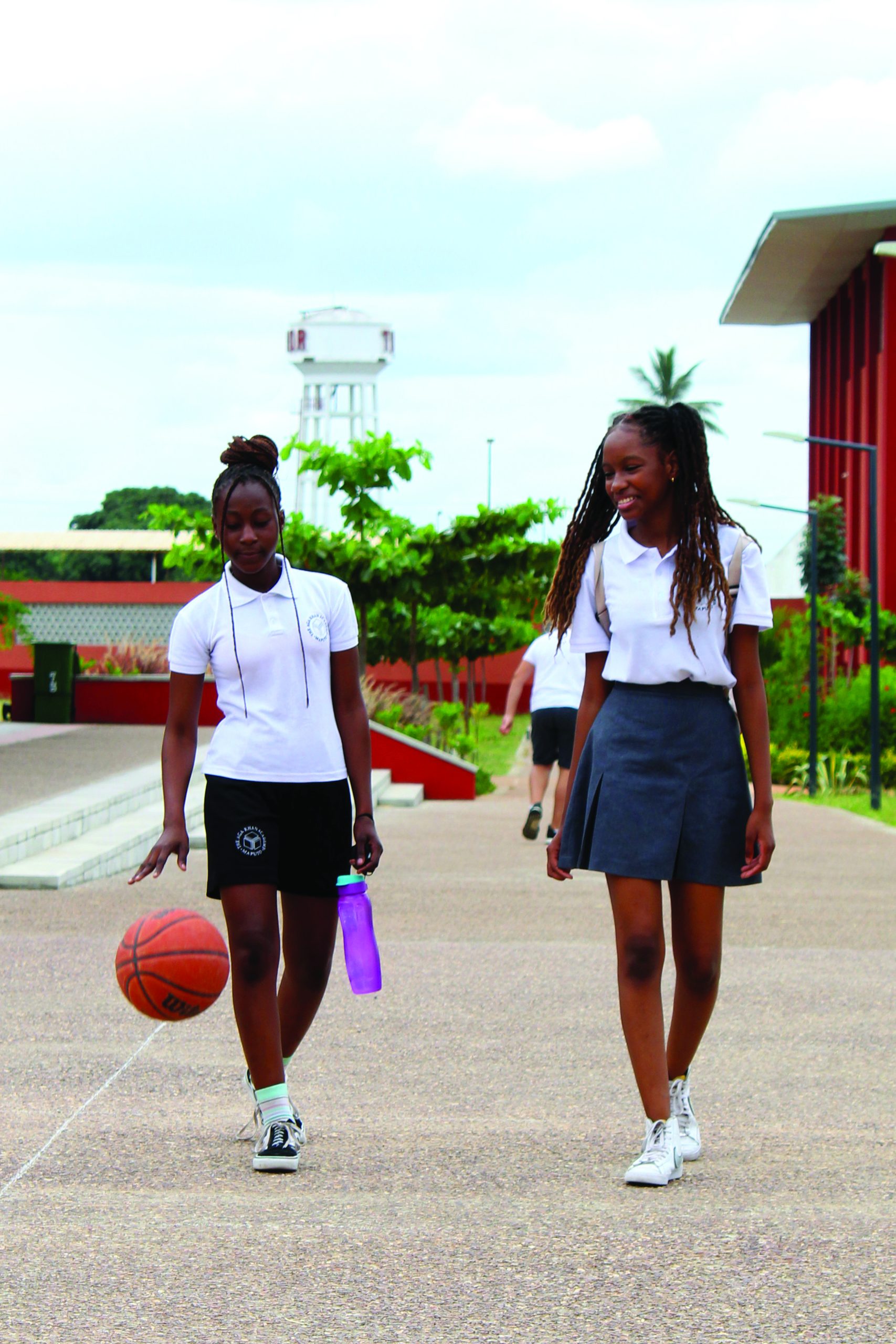
At a time when the education sector is called on to respond to the current market demands, the Aga Khan Academy Maputo emerges as a teaching institution whose commitment has always been synonymous with quality.
Located in Maputo, the Aga Khan Academy Maputo is a non-profit school and part of a global network of day and residential schools known as the Aga Khan Academies. Present in Mozambique for 10 years, the institution is proud to provide its students with an internationally-recognized education.
The approximately 400 students who are currently enrolled, from 28 different countries, have the opportunity to combine their theoretical knowledge with practice during training. “We provide students with the highest level of education to prepare them for lives characterized by leadership and service,” said Shaliza Ali, representative of the Academy in Maputo.
The school boasts state-of-the-art facilities, a multi-cultural student body, and an experienced team of educators and staff. “Students can choose to be day students or they can live on campus in the modernized residential blocks. The Academy’s campus has world-class facilities, including sports fields, swimming pool, tennis courts, jogging tracks, dance studios, specialized science labs and much more,” she says.
The science block houses specialized laboratories for students to carry out experiments in biology, chemistry and physics. “And we have another special area for preparing experiments with a lab technician and the block is equipped with special lab equipment,” she adds.
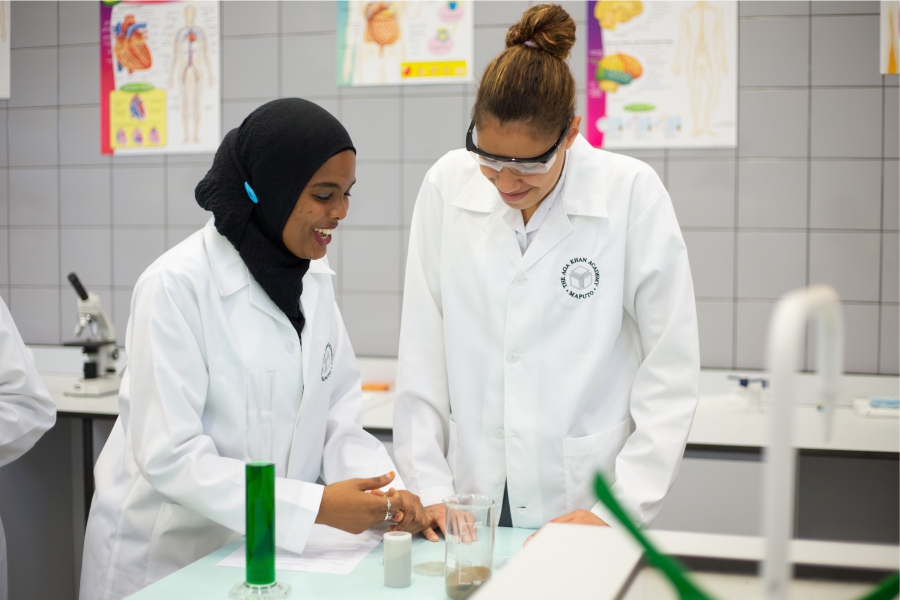
Admission to this institution, according to Shaliza, is open to students from all backgrounds. “Admissions to the Academy is means-blind and based on merit,” she guarantees.
Based on the results and availability, Shaliza notes, all students are eligible, regardless of their socioeconomic status. “Currently, we are accepting applications from students aged between 3 and 18 years old,” reiterates the representative.
The approximately 400 students who are currently enrolled, from 28 different countries, have the opportunity to combine their theoretical knowledge with practice.
According to Shaliza, the Academy has a curriculum built on the structure of the International Baccalaureate (IB), which is a program taught in 143 countries around the world and which has two levels of study for students from 16 to 19 years old. “The International Baccalaureate is an academic program considered as a good alternative to the A-levels, and suitable for those who intend to enter university,” Shaliza Ali.

The science block houses specialized laboratories for students to carry out experiments in sciences, biology, chemistry and physics.
The staff at the Academy in Maputo identify numerous advantages for students who study at the Academy. Among these advantages is the ease of students’ admission to international universities. “Students who complete the Academy’s Diploma Program will be able to opt for international universities. “Most of our students from other Academies in Hyderabad and Mombasa have been selected to attend renowned universities, such as Brown University, the University of Oxford, Georgetown University in Qatar and many more through their Academy’s university counseling department,” she explains. Each Academy’s university counseling department, she notes, offers students a wide range of resources designed to help them find a good match in terms of universities/colleges. These resources include a dynamic and well-resourced university advisor, a wealth of print, video and online tools, and a series of informative workshops and seminars on topics central to the process of applying to a university/college. The institution plans to increase the number of admissions in the coming years, from the current 400 to 700 students.
Edição 77 Jan/Fev| Download.
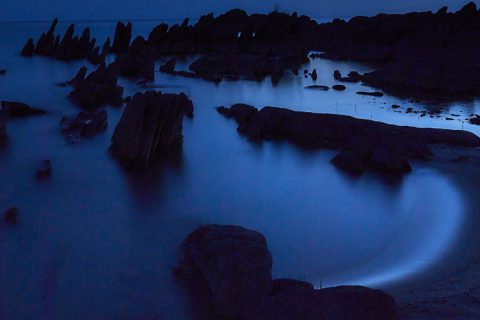
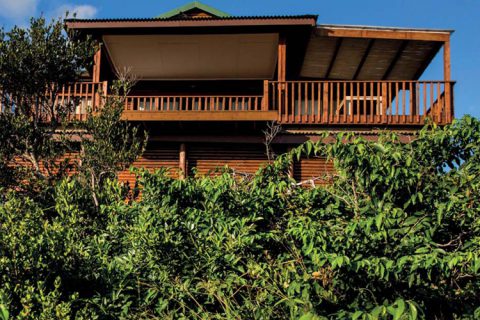

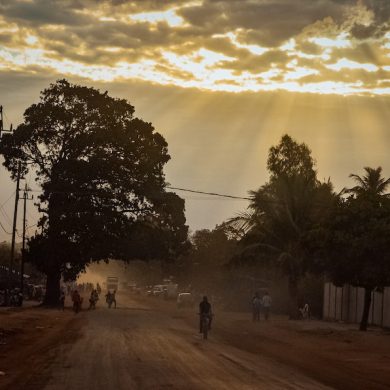

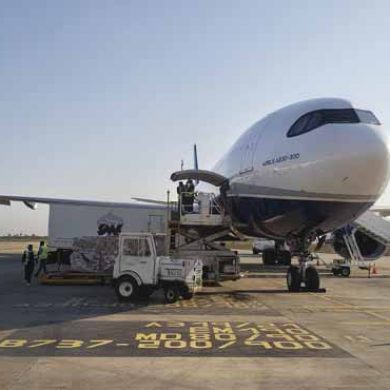
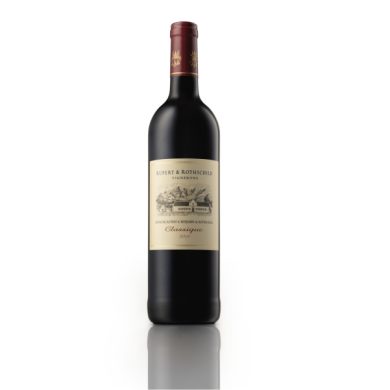
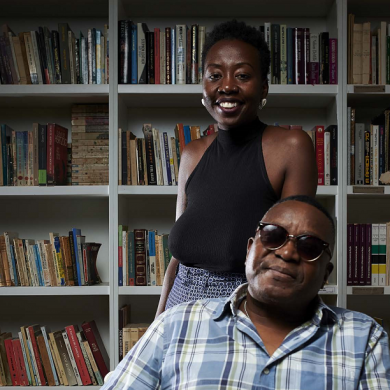

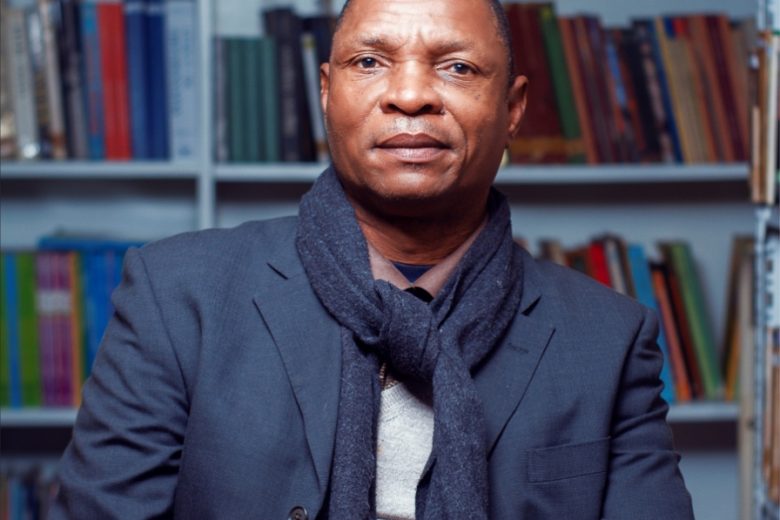













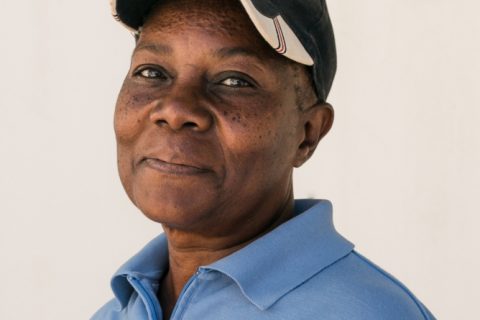
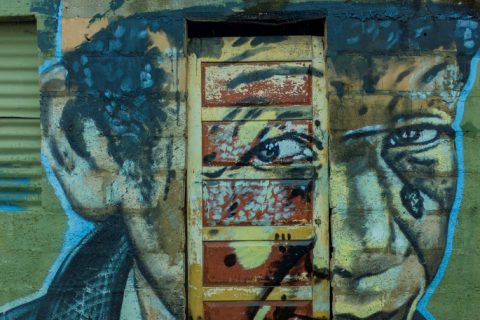



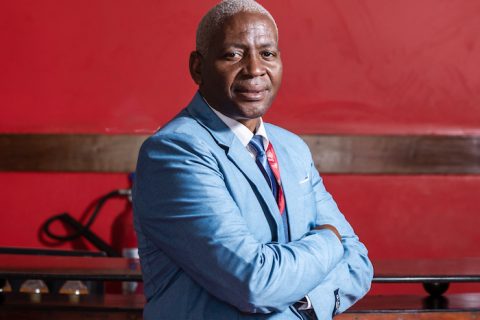

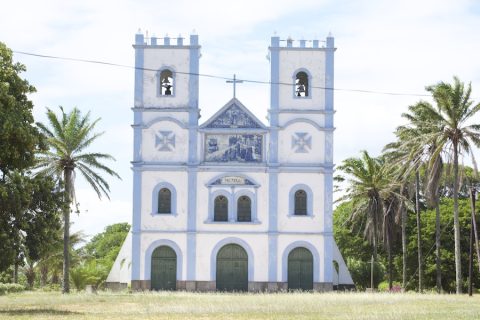
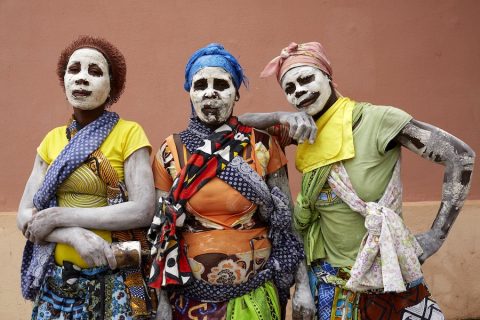
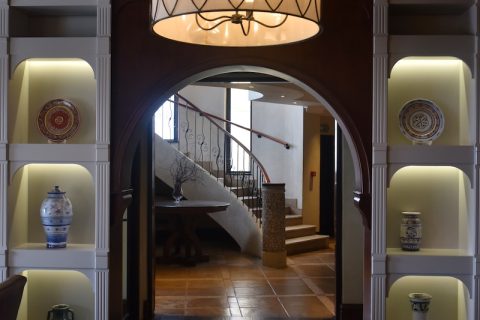


0 Comments